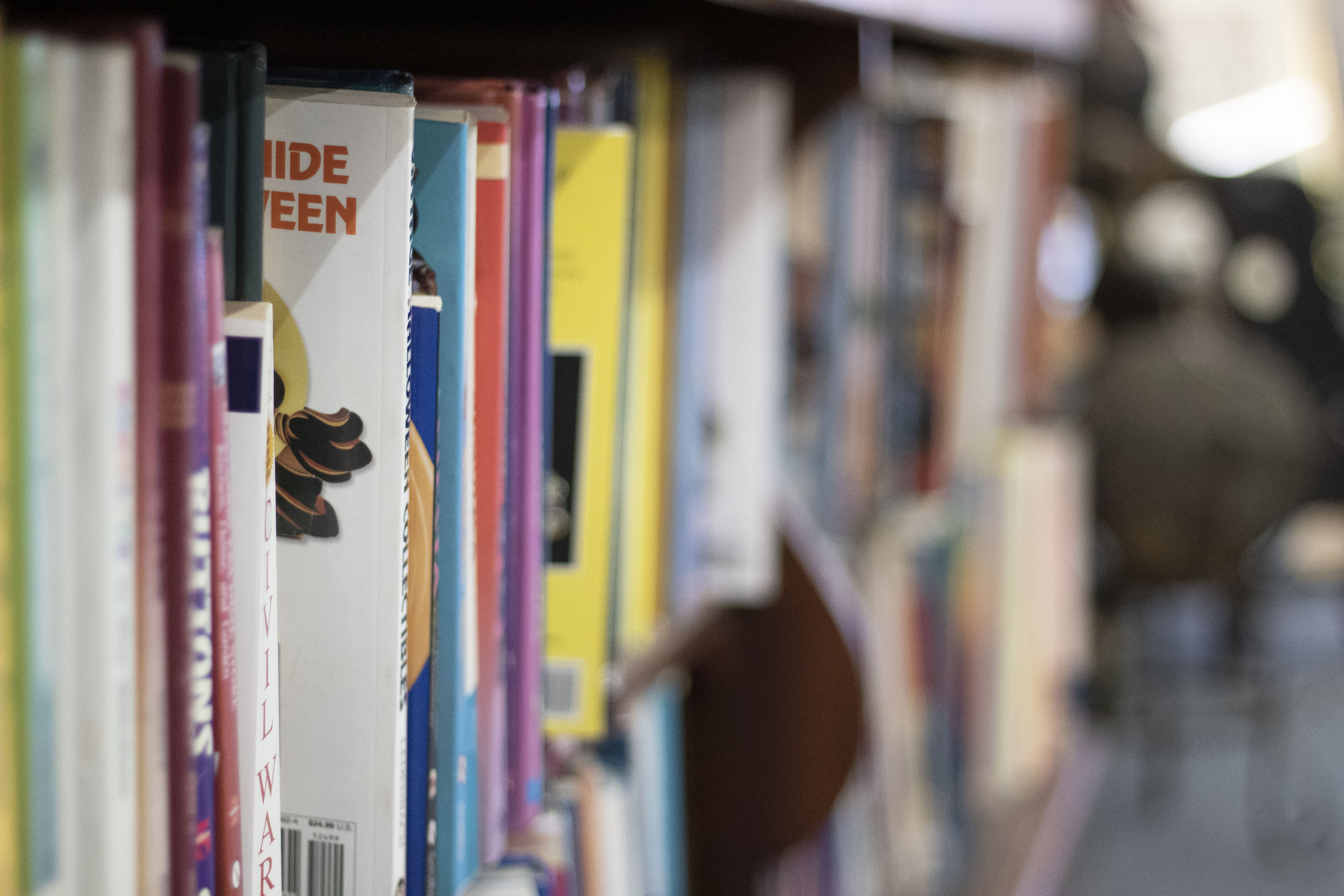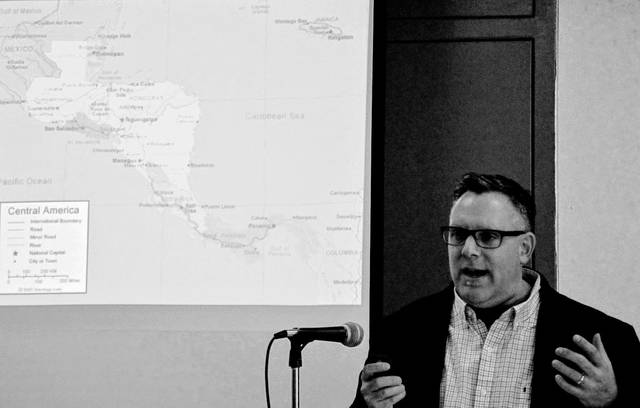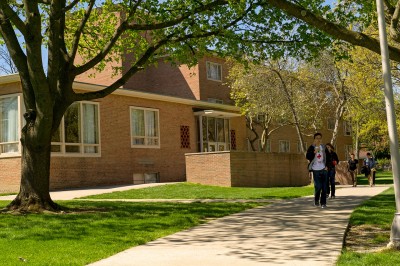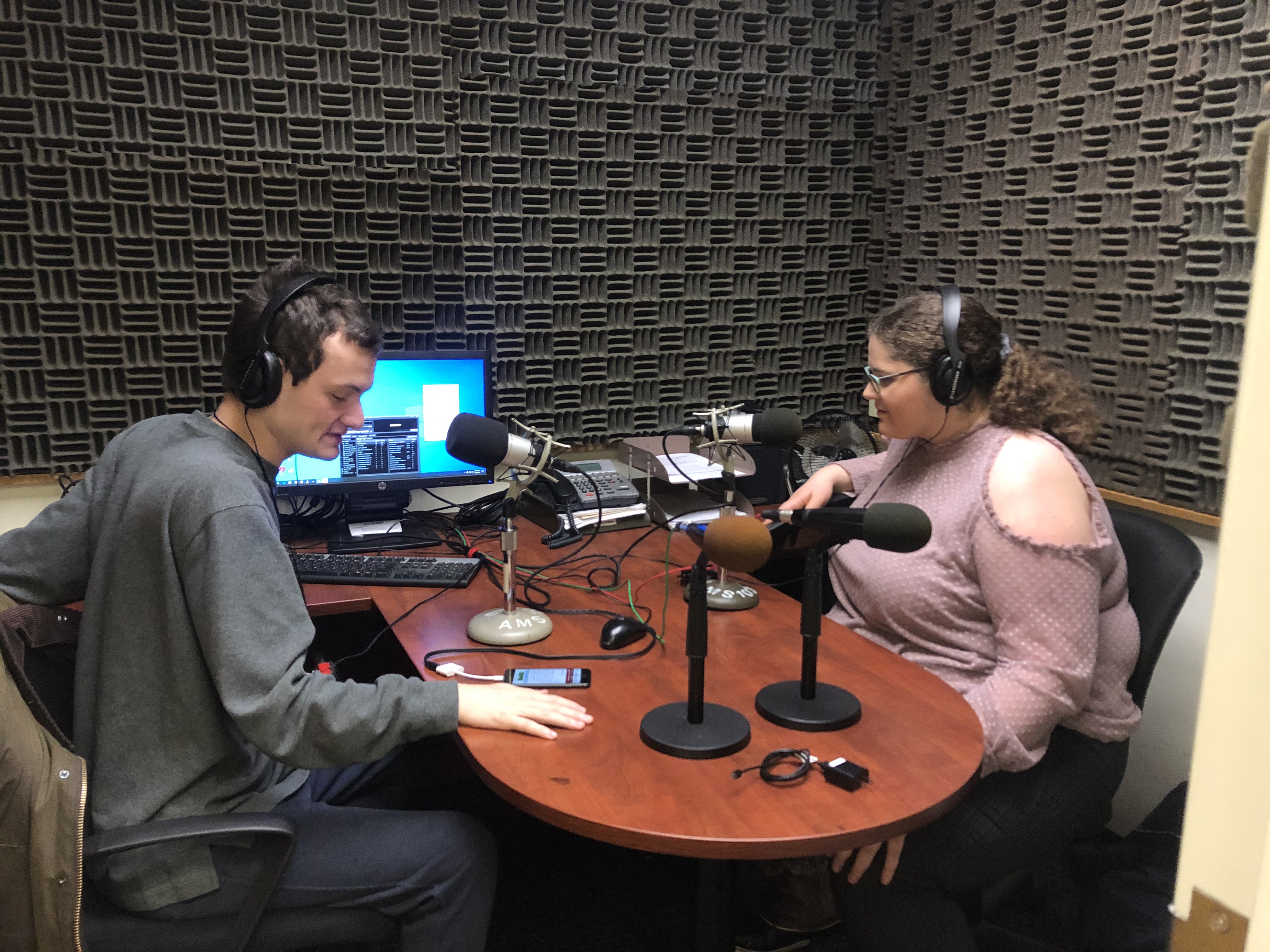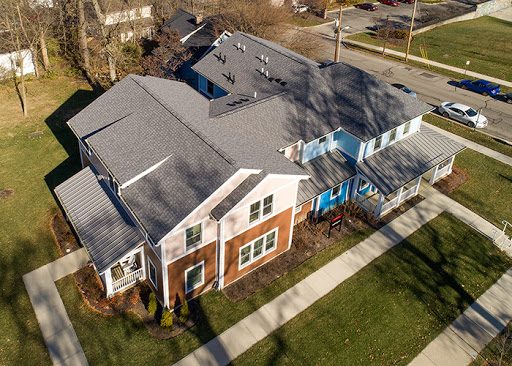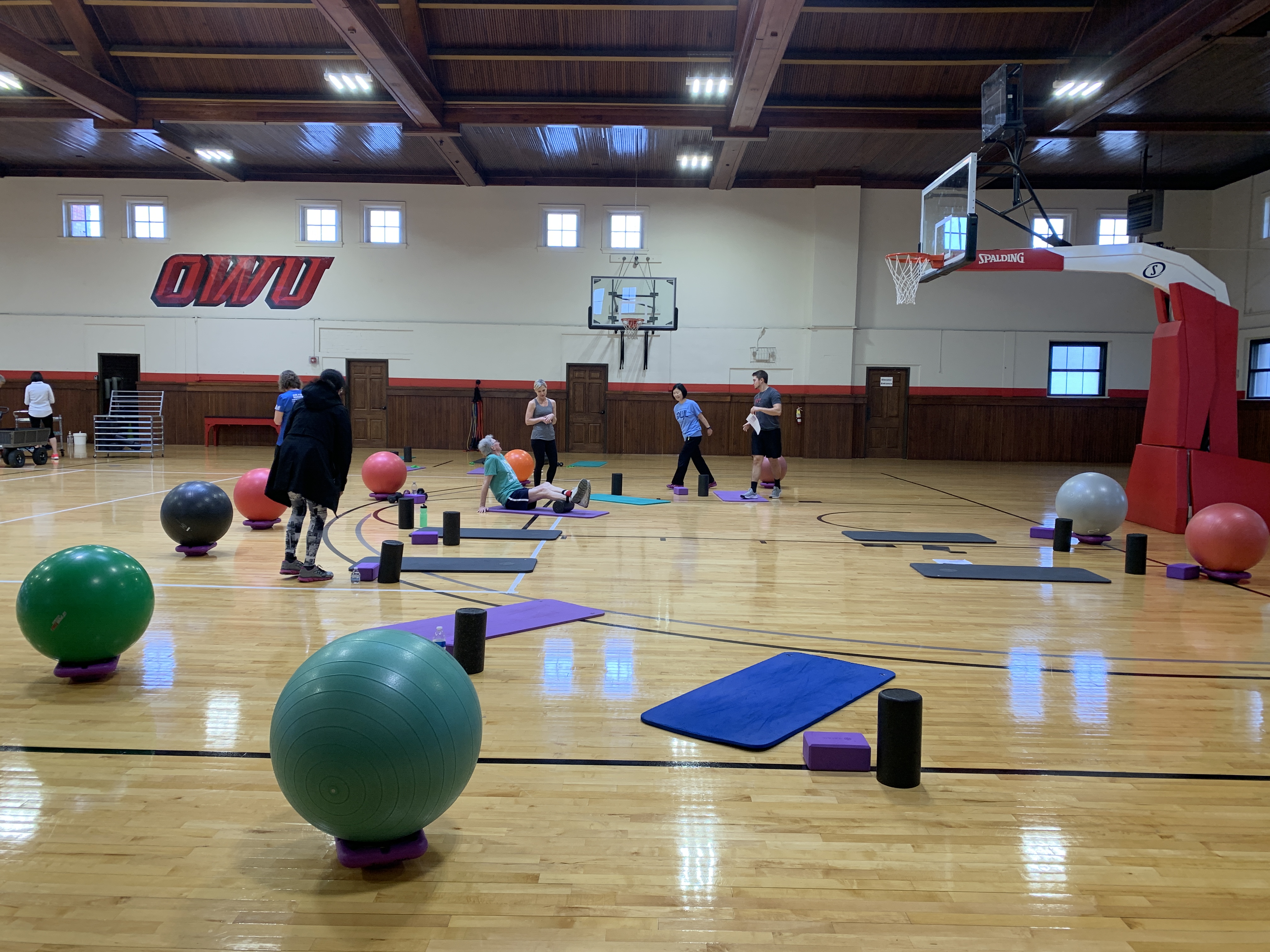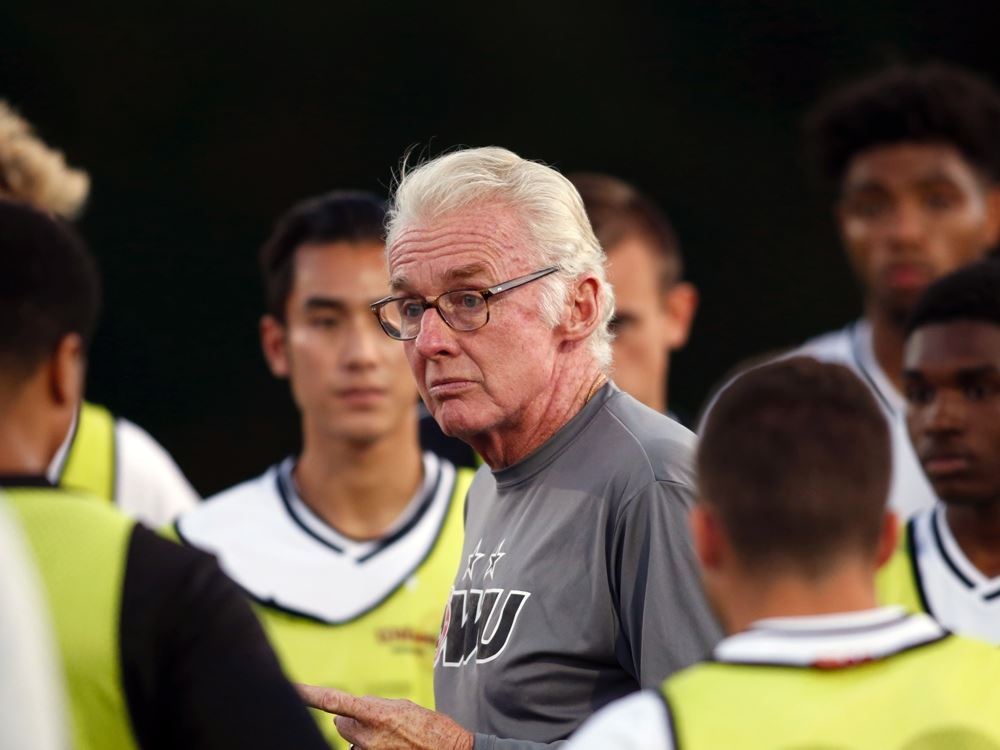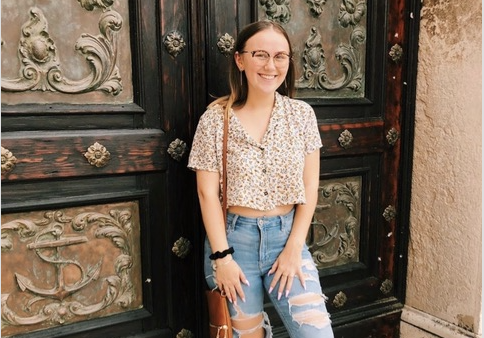Meg Edwards
Transcript Correspondent
mmedward@owu.edu
Machines will only control the future if we let them.
That was the core message delivered by David J Staley, associate professor of history and director of the Humanities Institute at The Ohio State University, at the latest Great Decisions lecture Friday titled “Artificial Intelligence and Data: Augment or Automate?”
The 1982 Buckeye Valley graduate returned to Delaware to address a room of fifty to sixty community members, many retirees, at the William Street United Methodist Church.
Staley said the challenges which graduating students will face in the job market cannot purely be attributed to artificial intelligence.
AI “doesn’t have the consciousness to say, hmm, whose job should I take today,” he said, earning laughterfrom the audience. It will be humans, he said, who will make the decision to replace workers with artificial intelligence.
“If technology can do a job better and cheaper, technology replaces human beings every time,” he said.
AI is quickly replacing many jobs once thought to be safe from mechanization, such as skilled labor or desk jobs like accounting and editing, Staley said.
He also recommended the audience watch videos from the robotics company Boston Dynamics, which has developed robots capable of lifelike movement, which Staley imagines could be used to replace human troops in battle zones. Robots could remove the human cost from warfare.
Combining artificial intelligence with human intelligence is one way forward. For instance, Staley said cyborg chess, in which a human and a computer play together on the same team, allows mediocre chess players to defeat both master chessmen and the most advanced AI technology.
Some things AI can’t do include tasting wine, creating original works of art, adapting quickly to a new situation and imagining something that does not yet exist, he said.
Modern education must adjust to this new world and develop not only knowledge and skills for students, but also key human attributes such as flexibility, teamwork, communication, and creativity. Such skills will be necessary for determining ethics in a world in which robots have legal responsibility and AI can increasingly make decisions too complex for humans to understand, Staley said.
“Politicians should be engaged in regulation,” Staley said, adding that in few other fields are researchers allowed to run experiments without considering the long-term costs of their findings.
In biology, for instance, researchers are asked to consider the potential impact of their experiments, while technologists are permitted to explore anything in the name of progress.
Staley cited deep fake technology, which allows for realistic manipulation of video, as an example of a technology which was created without any prior consideration of its consequences.
Staley also said those interested in foreign or domestic policy become informed about artificial intelligence and its outsized implications for society.
Becky Cornett, an OSU Wexner Medical Center employee for 30 years, introduced Staley, highlighting his work and recommending his book, “Alternative Universities: Speculative Design for Innovation in Higher Education.”
Delaware resident Donna Jean Savely, a former secretary at Ohio Wesleyan, said this is the third year she and her husband have attended a Great Decisions lecture.
“Sometimes they’re too long and too detailed,” she said of the talks, but she said she is looking forward to this year’s series.


